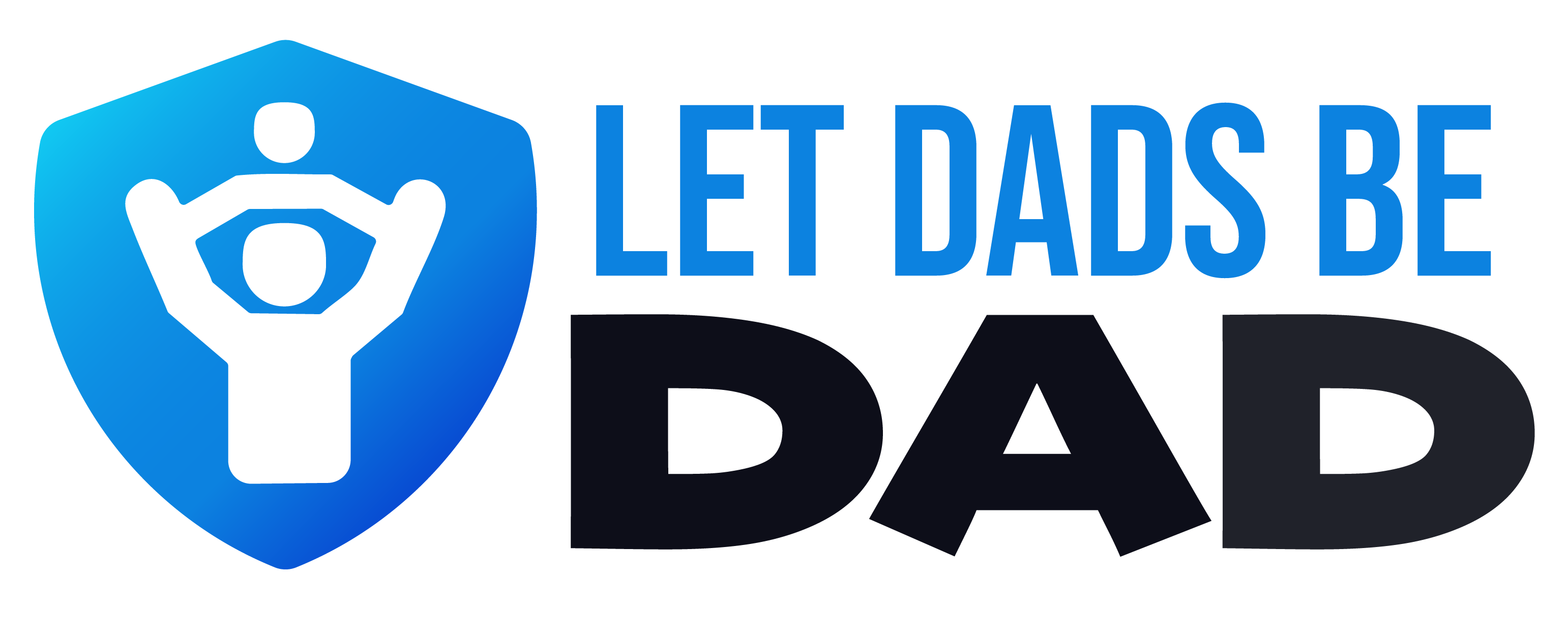Why You Should Care About The Police In Your Kid’s School
— John Moore/Getty Images News/Getty Images
School shootings have, unfortunately, become synonymous with growing up in America. And despite the desperate pleas from parents and students, the government is no closer to stopping them than when school shootings first began to define going to school, at the turn of the 21st century. In lieu of gun control, tens of thousands of school resource officers and police officers guard schools and wander their halls daily. Although their presence seems like a good idea on the surface — a trained, professional good guy with a gun to respond to all kinds of threats that might harm children — studies have shown that cops in schools aren’t the great idea some people thought it was.
One new study published in the journal Campbell Systematic Reviews found that not only does school-based law enforcement (SBLE) not increase safety, but the presence of cops in schools could have decidedly negative consequences for students. After examining data collected from 32 previous reports, researchers determined that the presence of cops in schools correlated to higher incidences of crime and behavior problems in schools and increased exclusionary discipline like suspensions and expulsions. Additionally, their findings provide “no evidence that there is a safety-promoting component of SBLE.” In other words, there’s no evidence that they protect kids from school violence.
Police presence in schools often criminalizes students. That’s because cops do their jobs when they’re in schools, as Fatherly previously reported. They are there to police hallways — not just to watch for threats outside of the school, but also to arrest and detain children inside of them. This can traumatize kids and put them on a path to being a part of the legal system in adulthood, otherwise known as the school-to-prison pipeline. These are kids who, yes, very well may have behavioral issues — but would be better served by a strong infrastructure of school counselors, therapists, and interventional supports.
Adding cops to schools has other negative effects on kids. One study out of Texas, for example, found that adding school law enforcement officers to schools led to declines in graduation and college enrollment rates. Another found that the more contact children have with police, the more stressed out they are, and the worse they do in school.
And, of course, cops don’t always just arrest children. They also remove them from the classroom when they’re misbehaving or disrupting instruction. But even a simple suspension or expulsion can seriously harm children. Research finds that suspension can harm a kid’s future educational achievement, make them more likely to drop out of school, feel alienated at school, and join the school-to-prison pipeline.
Real-world examples illustrate just how harmful these cops’ actions can be. In 2019, a Florida school resource officer arrested, handcuffed and detained a 6-year-old girl at a juvenile detention center for having a tantrum in school. That same day, the same officer arrested an 8-year-old boy. These incidents are not uncommon in a time when 14 million kids attend schools that have cops but not a counselor, school nurse, or social worker in the building.
Meanwhile, evidence piles up that police may not be effectively doing the one job their supporters want them to do: be the good guy with a gun. One 2019 study found that in 179 school shootings, the presence of law enforcement on the grounds did nothing to prevent the shootings from occurring.
And when cops do make arrests in school, the way that punishment gets metered out is profoundly unequal. Late-night television host John Oliver found that between 2017 and 2018, SBLE arrested 54,321 students. Perhaps unsurprisingly, the majority of those students were students of color and disabled students — two already marginalized groups at risk of poor outcomes.
Study authors suggest that other methods of discipline and security should be explored — from prioritizing an authoritative school environment, which gives kids support and structure by providing strong relationships with students and staff, and clear and fairly enforced rules: “This approach has shown benefits for a variety of outcomes related to crime and behavior.”
The researchers of the new study are part of a growing chorus of experts arguing for school-based law enforcement to exit schools and for school counselors to re-enter them. This would give students more opportunities to be supported and feel safe in school, rather than being criminalized in them.


